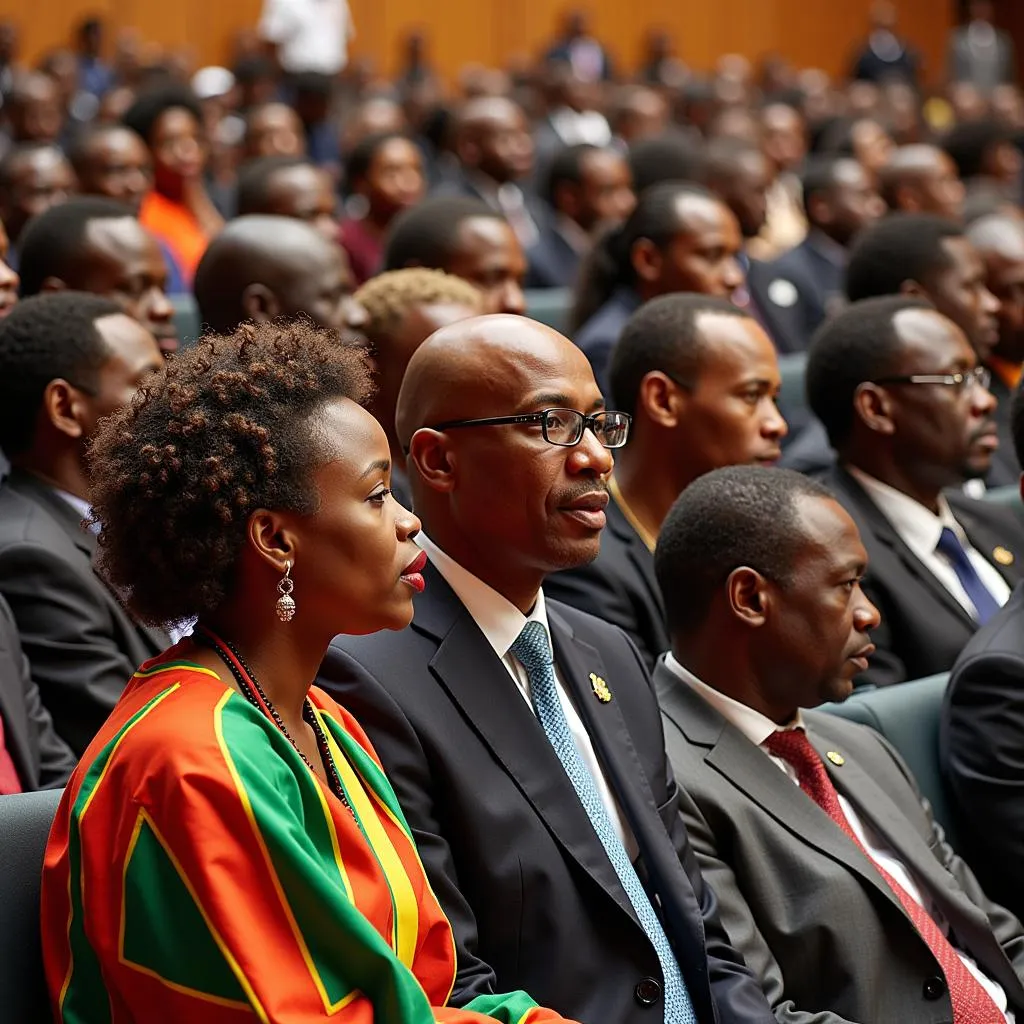Empowering Health: The Vital Role of the African Health Foundation
The African Health Foundation (AHF) plays a crucial role in addressing the complex health challenges facing the African continent. From combating infectious diseases to improving maternal healthcare, AHF and similar organizations work tirelessly to strengthen health systems and improve the well-being of communities across Africa. This article delves into the significance of these foundations and their impact on the lives of millions.
Understanding the Landscape of African Health
Africa faces a unique set of health challenges, including a high burden of infectious diseases like malaria, HIV/AIDS, and tuberculosis. Limited access to quality healthcare, inadequate infrastructure, and socioeconomic disparities exacerbate these issues. Organizations like the African Health Foundation strive to bridge these gaps by implementing targeted programs and initiatives. These programs often focus on preventative care, community health education, and capacity building within local health systems. One area where foundations are making a significant difference is in providing access to essential medicines and medical supplies.
The work of these foundations is not limited to addressing specific diseases; they also play a vital role in strengthening health systems as a whole. By training healthcare professionals, supporting the development of health infrastructure, and advocating for policy changes, these organizations contribute to long-term, sustainable improvements in African health. For some students seeking higher education, opportunities like the African graduate scholarship can be transformative.
How African Health Foundations Make a Difference
African Health Foundations employ a multifaceted approach to improve health outcomes. They collaborate with governments, local communities, and other organizations to implement programs that address the root causes of health problems. These programs often involve:
- Disease Prevention and Control: Focusing on preventable diseases through vaccination campaigns, health education, and early detection programs.
- Maternal and Child Health: Improving access to prenatal care, skilled birth attendance, and postnatal care to reduce maternal and child mortality.
- Capacity Building: Training healthcare workers, equipping health facilities, and strengthening health management systems.
- Community Engagement: Empowering communities to take ownership of their health through health education and community-based health initiatives.
For example, some foundations are working to improve access to clean water and sanitation, which are crucial for preventing waterborne diseases. Others are focused on combating malnutrition through feeding programs and promoting sustainable agriculture. These organizations recognize the interconnectedness of various factors that influence health, and they work to address these factors comprehensively. Knowing which central African countries are most affected by certain diseases helps these organizations target their resources effectively. It’s crucial to remember that African dwarf frogs keep dying due to various factors, some related to environmental health issues that foundations are working to address indirectly.
Dr. Aminata Sow, a leading public health expert in Senegal, emphasizes the importance of these foundations: “African health foundations are not just providing aid; they are building the foundation for a healthier future. Their work is essential for achieving sustainable development goals related to health.”
The Future of African Health: Challenges and Opportunities
While significant progress has been made, the African Health Foundation and similar organizations still face considerable challenges. Funding constraints, political instability, and climate change pose significant threats to health gains. However, there are also immense opportunities for innovation and collaboration. The increasing use of technology in healthcare, such as mobile health and telemedicine, offers promising avenues for expanding access to care, particularly in remote areas.
Collaboration between African governments, international organizations, and the private sector is crucial to addressing these challenges effectively. Initiatives like the African Conservation Foundation email list can facilitate such collaboration. It’s important to understand that challenges facing the continent are diverse, even extending to societal issues such as those documented in the African American couple having sex study, highlighting the need for comprehensive approaches to well-being.
Conclusion
The African Health Foundation (AHF) and similar organizations are indispensable partners in the pursuit of health and well-being across Africa. Their work in addressing infectious diseases, improving maternal and child health, and strengthening health systems is transforming lives. Continued support and collaboration are essential to overcome the remaining challenges and ensure a healthier future for all Africans.
FAQ
- What is the African Health Foundation’s primary focus?
- How can I support the work of African health foundations?
- What are the biggest health challenges facing Africa?
- How does the African Health Foundation measure its impact?
- What role does technology play in improving African health?
- How does the AHF collaborate with local communities?
- What are the long-term goals of the African Health Foundation?
Further Questions?
If you have other questions about healthcare in Africa, explore more resources on our website. We encourage you to learn more about the impact of these vital organizations and how you can contribute to a healthier future for Africa.
For support, please contact us:
Phone: +255768904061
Email: kaka.mag@gmail.com
Address: Mbarali DC Mawindi, Kangaga, Tanzania.
We have a 24/7 customer service team available.


